After revising its supply chain, Cadillac once again can offer $7,500 in federal tax credits to buyers of the Lyriq EV. The automaker briefly lost those incentives after the U.S. Treasury updated guidelines under the Inflation Reduction Act Jan. 1. The news means Caddy gets a critical advantage over a number of competing luxury EVs that have also lost their tax credits this year.
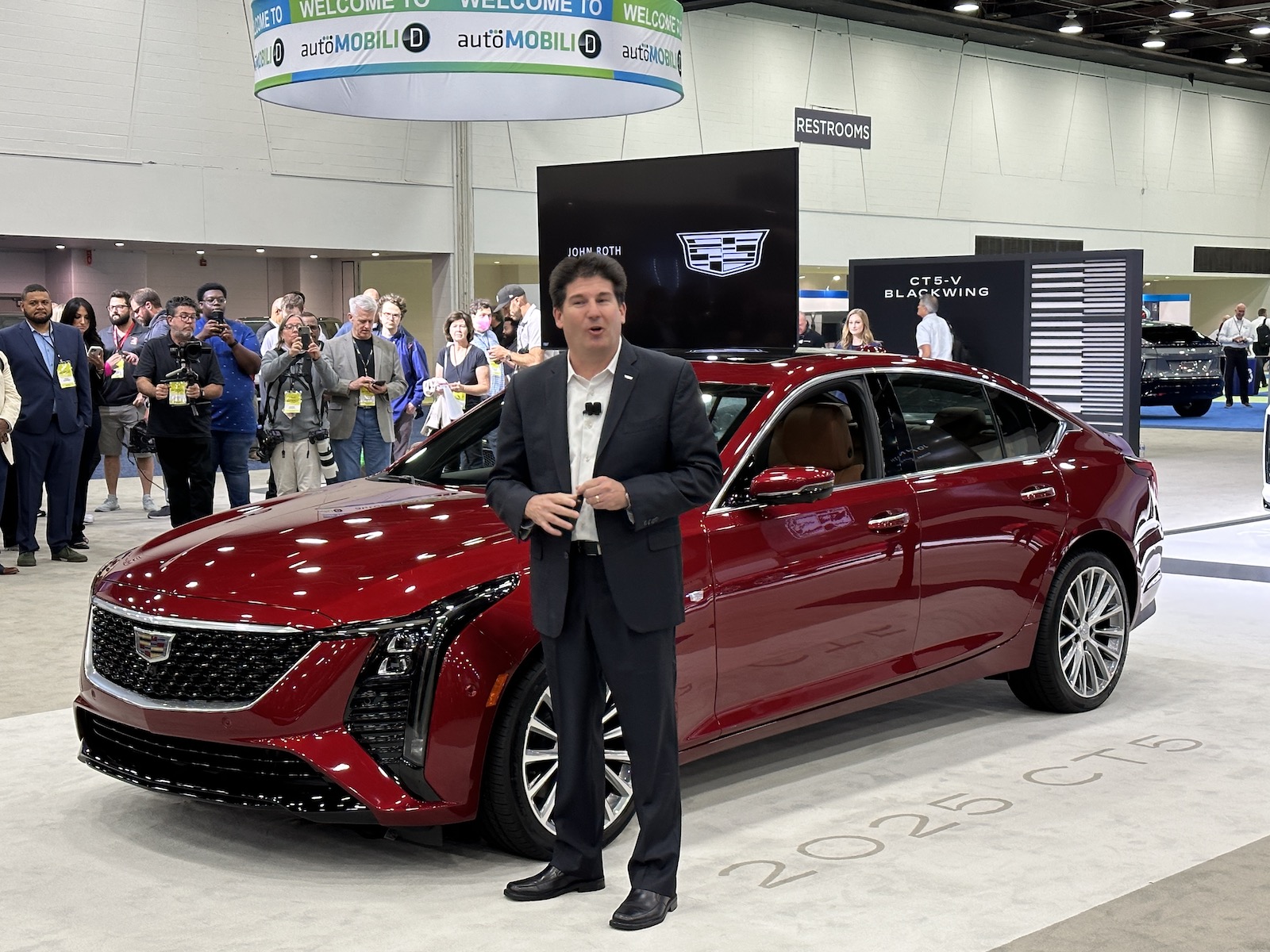
Cadillac chief John Roth said securing the tax credit for the Lyriq will keep the company’s sale inertia up for electric vehicles.
Under the revised guidelines set by the Inflation Reduction Act, nearly two-thirds of the EVs that qualified for federal tax credits last year lost those incentives after the new year. At a time when the high cost of battery-electric vehicles is seen as a major obstacle to mainstream acceptance that’s a serious setback.
The Cadillac Lyriq was one of the models that lost its tax credits at the beginning of the year. But the luxury brand announced Wednesday that it again qualifies for the incentives after updating its supply chain.
“By offering this incentive, we expect to maintain momentum and reinforce our commitment to the future of EVs,” said Cadillac Global Vice President John Roth.
What’s changed
Under the revised IRA rules, automakers must meet stringent sourcing standards covering not only where an EV and its battery pack are manufactured but where key minerals, such as lithium, cobalt, nickel and manganese was sourced.
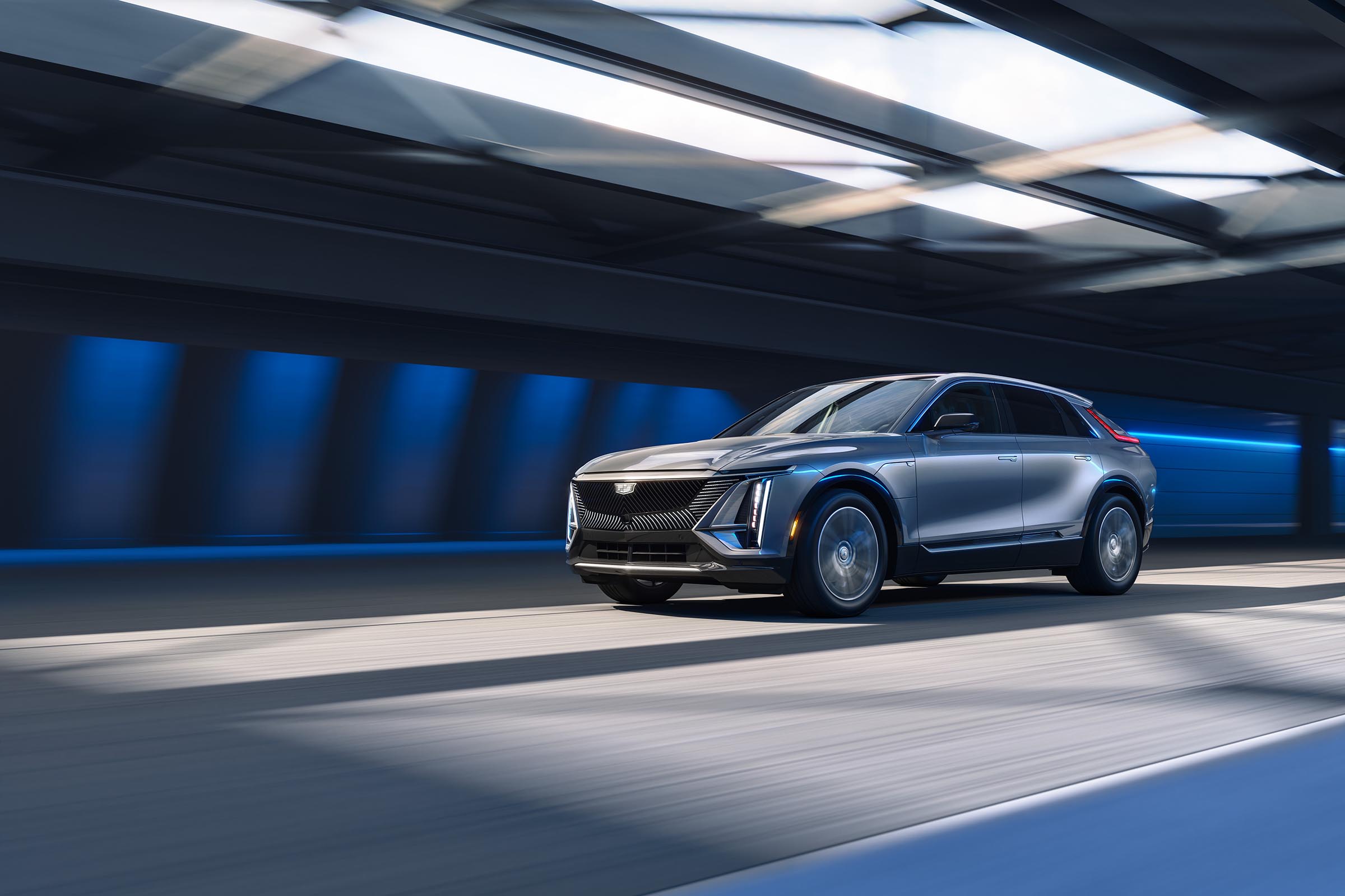
Lyriq buyers weren’t substantially impacted by the temporary loss of the tax credit as GM made up for in incentives.
While GM hasn’t addressed the specific reasons why Lyriq lost its incentives, analysts believe it was due to using some foreign made components in the EV’s battery pack.
In a news release, the automaker said, “GM’s supply chain team moved quickly to pull ahead a sourcing change for two minor components, allowing Ultium Cells to build qualifying cells.”
A competitive advantage
U.S. EV buyers are spending an average of about $60,000 for EVs, according to J.D. Power, Cox Automotive and other tracking services. That’s about $15,000 more than the average for vehicles using internal combustion engines. And it’s been seen as an obstacle to broader acceptance of battery-electric models.
The federal tax credits were seen as a way to narrow the price gap. But the revised guidelines that went into effect on Jan. 1 meant 21 of the 35 qualifying vehicles last year were dropped from the list, effectively serving as a price hike of up to $7,500 on those vehicles.
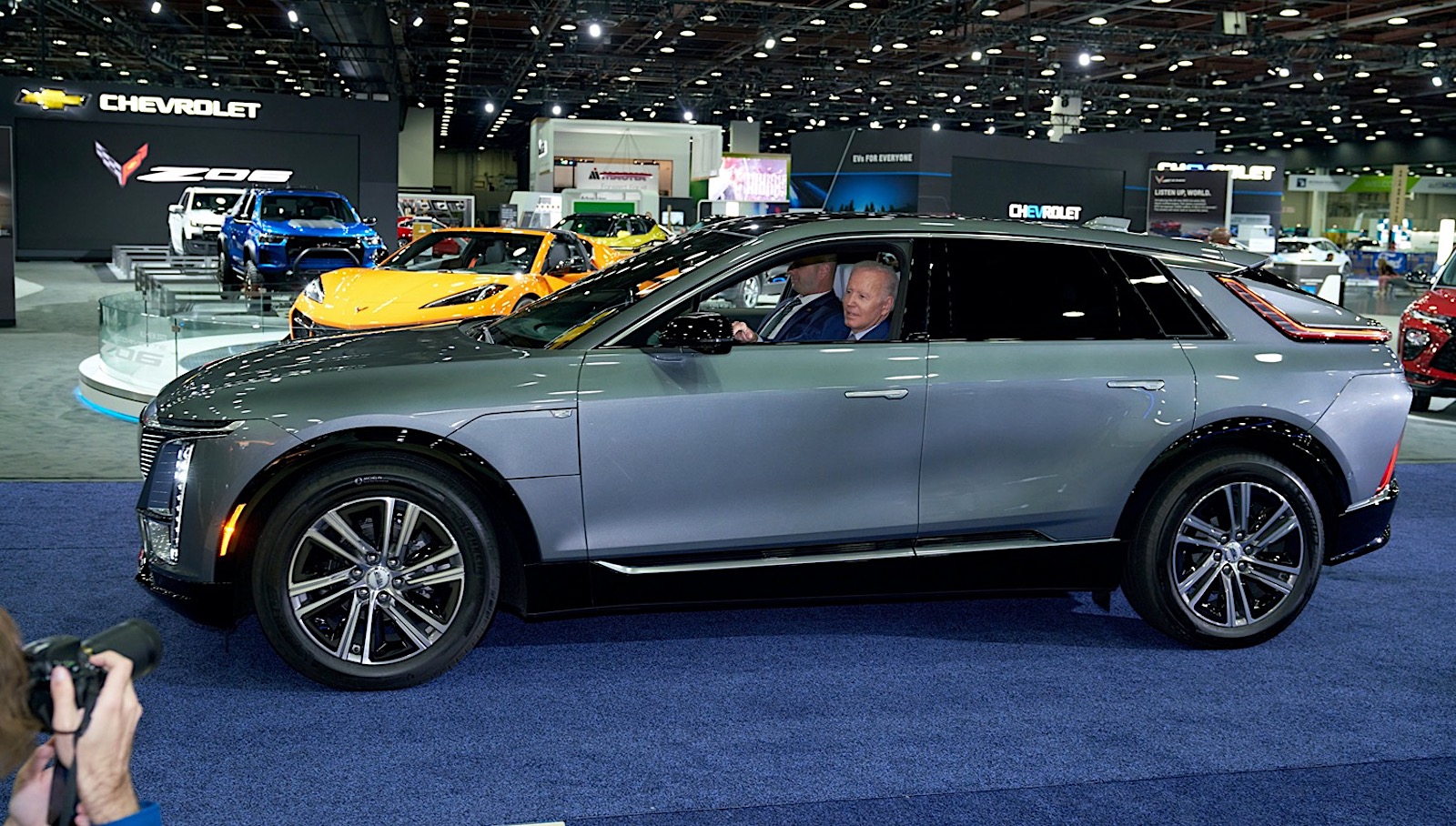
The changes in the IRA cut the number of vehicles eligible for the $7,500 credit by two-thirds. The Lyriq is one of the few to requalify.
Several automakers are working to revise sourcing plans to regain incentives. Lyriq is one of a rare few so far to requalify. With a base price of $57,195 — before factoring in delivery fees and the tax credits — this translates into a roughly 13% discount. And it better positions Lyriq against such competing products as the Genesis GV60 and Lexus RZ, neither of which qualify for the givebacks.
Lyriq buyers actually didn’t feel a direct hit to the pocketbook from the revised IRA guidelines. GM temporarily covered the lost tax credits with a $7,500 discount. The automaker will now come out the big winner as it no longer will need to offer that cash “promise” on the Caddy EV containing the new battery components. It will continue to offer the discount, however, on older versions of the Lyriq.
More EV News
- Ford Cuts Mach-E Pricing, Adds New F-150 Lightning Incentives
- Genesis Will Add Hybrids as EV Sales Growth Slows
- Volvo Announces New EX40 & EC40 Nameplates, Confirms Other Update
The cornerstone
As the brand’s first EV, Lyriq “is the cornerstone of Cadillac’s electric future,” said Roth, who noted that it captured 33% of the compact luxury EV SUV segment last year.
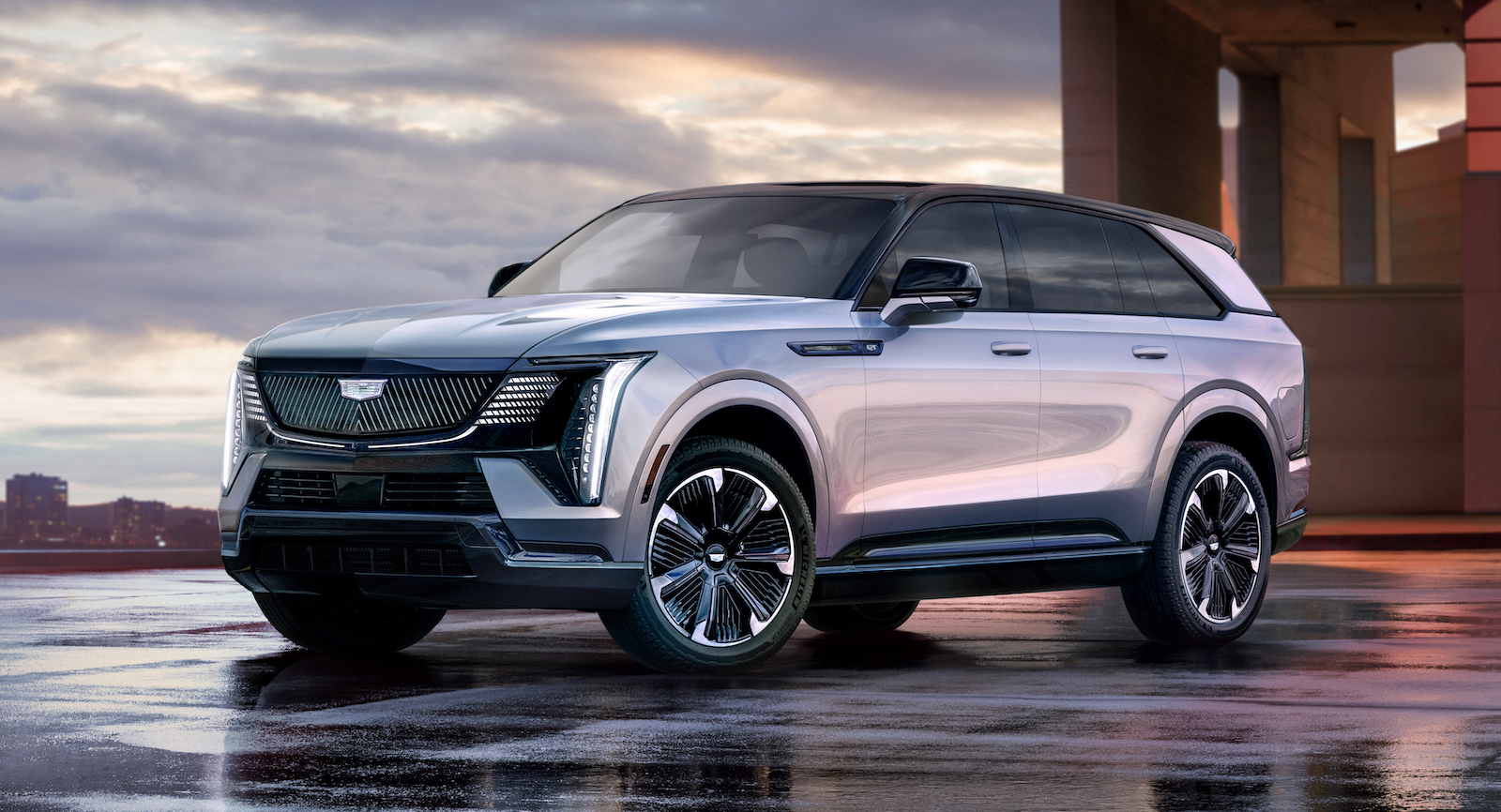
Cadillac will eventually be an all-electric brand with the Cadillac Escalade IQ hitting showrooms later this year.
The flagship General Motors marque is preparing to roll out a number of other all-electric models, starting this year with the Escalade IQ and the limited-volume Celestiq set to become the most expensive model in Cadillac history. They will be followed by two all-electric SUVs, the Optiq and Vistiq.
Cadillac has plans to go 100% electric by 2030 — but it may add plug-in hybrids to its lineup as part of the revised GM electrification strategy announced by CEO Mary Barra late last month.
Production snags
The Detroit auto giant has struggled to get its EV program into gear. Lyriq, in particular, was plagued by a variety of problems after its 2022 launch, including supply chain disruptions and software issues. (Faulty software is blamed for the ongoing stop-sale of another all-electric GM model, the Chevrolet Blazer EV.)
In 2022, Caddy delivered just 122 Lyriqs to U.S. customers. Roth last month told Headlight.News that production of Lyriq is now close to the brand’s original plans. That jumped to around 9,000 last year, including 3,800 delivered during the fourth quarter alone.

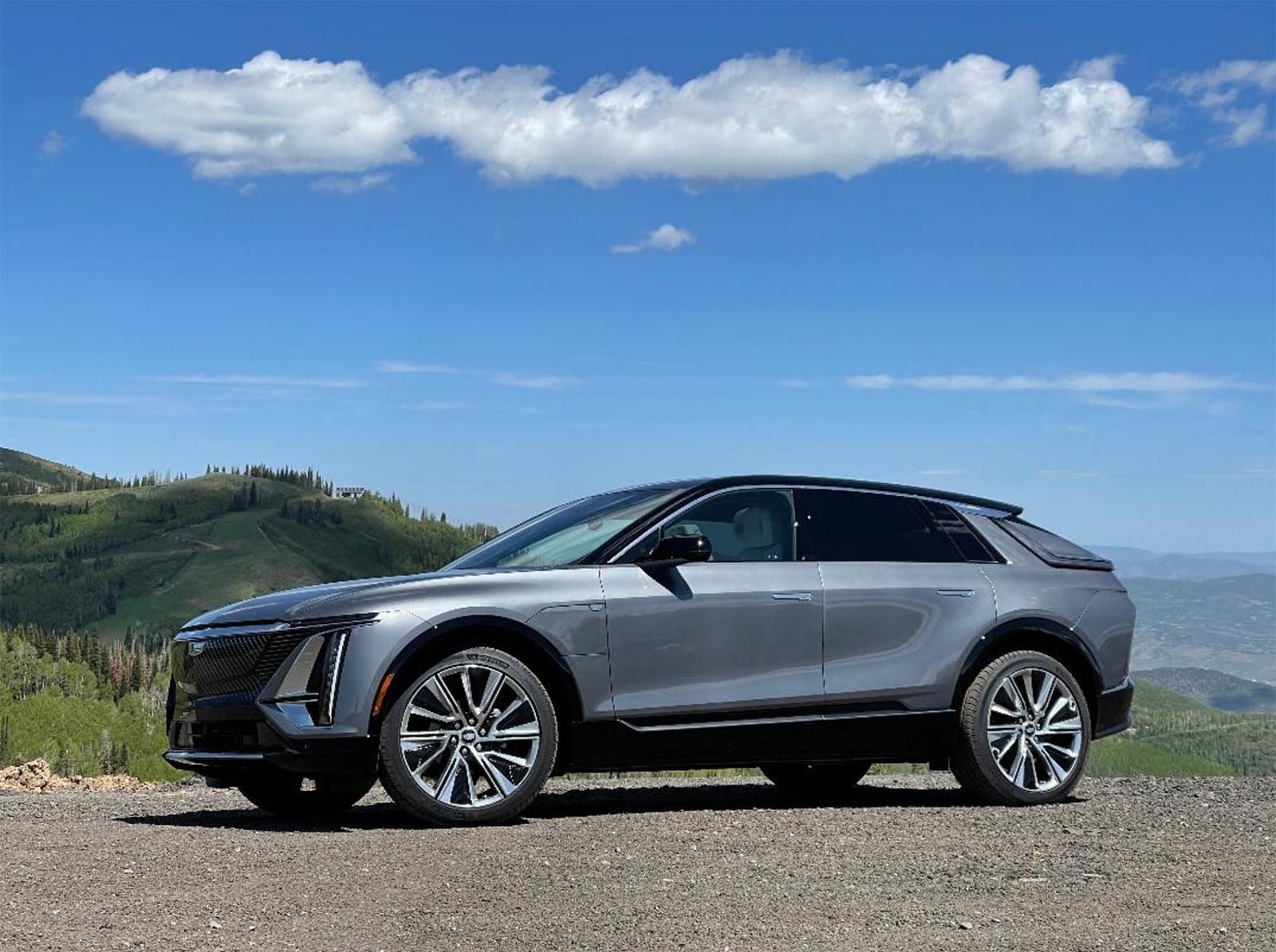



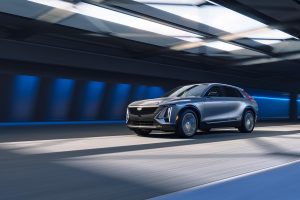
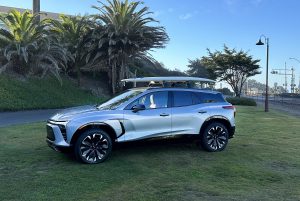

0 Comments